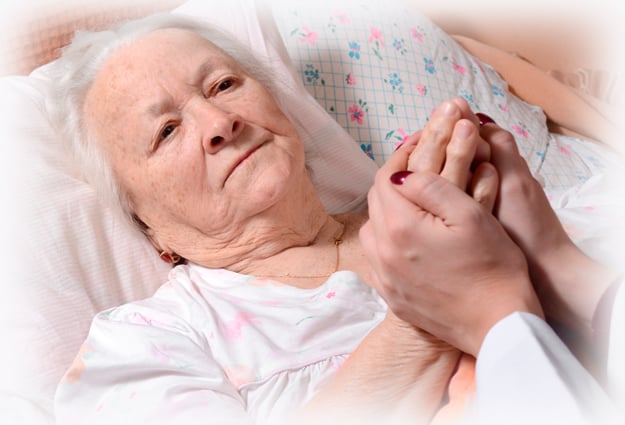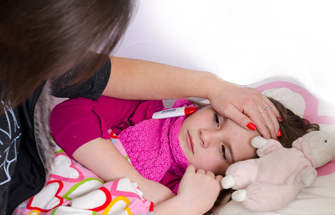
We've been writing a lot about the patient experience lately - a topic trending in healthcare circles primarily of the role patient satisfaction surveys play in reimbursement for services.
Because satisfaction is now a metric, it's easy to see how providers can fall into focusing on the tangible and measurable when trying to improve satisfaction scores from patients.
According to recent survey conducted by MD Anderson Cancer Center (in collaboration with the University of Houston Conrad N. Hilton College of Hotel and Restaurant Management and the University of Nevada, Las Vegas, William F. Harrah College of Hotel Administration), healthcare staff and patients differ in their views as to what is most important in creating an excellent patient experience.
While physicians and staff put "decreasing waiting times, creating a more luxurious physical space, and improving convenience" at the top of their list, patients put active listening, respect, and empathy.
And that really should come as no surprise, should it?Think back on when you were child and you were sick or hurt or scared. What made you feel more cared for?
 Was it the speed of which your mom put the ointment and bandage on your scraped knee or was it her "kiss to make it all better?"
Was it the speed of which your mom put the ointment and bandage on your scraped knee or was it her "kiss to make it all better?"
Was it the bed you were laying in when you were sick with fever or the cool moist towel lovingly placed on your forehead?
Was it the convenience of mom's proximity to you after falling down or her hug as she wiped away your tears?
We're human. No matter how high-tech healthcare gets or the ID numbers we're assigned, there is no getting away from that fact.
It's not that speed, comfort, and convenience are unimportant; but when we are sick or hurt or scared we crave, no scratch that, we need that feeling of connected-ness with another human being.
The number of degrees and citations on your wall may may tell us we're in good hands, but do you and your staff make us feel that way? And trust me, it's feelings that those satisfaction surveys measure in the end.
So what's a healthcare provider to do? According to the patient survey responses:
- Have physicians acknowledge my concerns
- Treat me with respect
- Treat me like a person and not a number
Acknowledge me. Treat me. Make me feel human, cared for.
Intangibles? Yes.
Hard to measure? You bet.
In previous blog posts my colleagues and I have shared how Beekley Medical products can help you improve the patient experience.
As you strive to improve your satisfaction scores in 2015, I invite you to learn more:
How Beekley SPOT® skin markers can help patients feel heard about their concern.
How the bitterness blocker in Breeza® flavored beverage can help overcome the normally gag-inducing act of drinking iodinated contrast so that it feels like a "kiss to make it better.
How an AromaTab® aromatherapy tab can feel like a hug to a scared and anxious patient.
How a protective coverlet like Bella Blankets® put on a receptor plate can make a woman feel more cared for during her 15 minute mammogram.
Oh, and of course, don't forget to ask about how each of each of these products add real clinical value and benefit you as well.
After all - you're human too.
Related articles:

Mary Lang Pelton
Director of Marketing Communications

